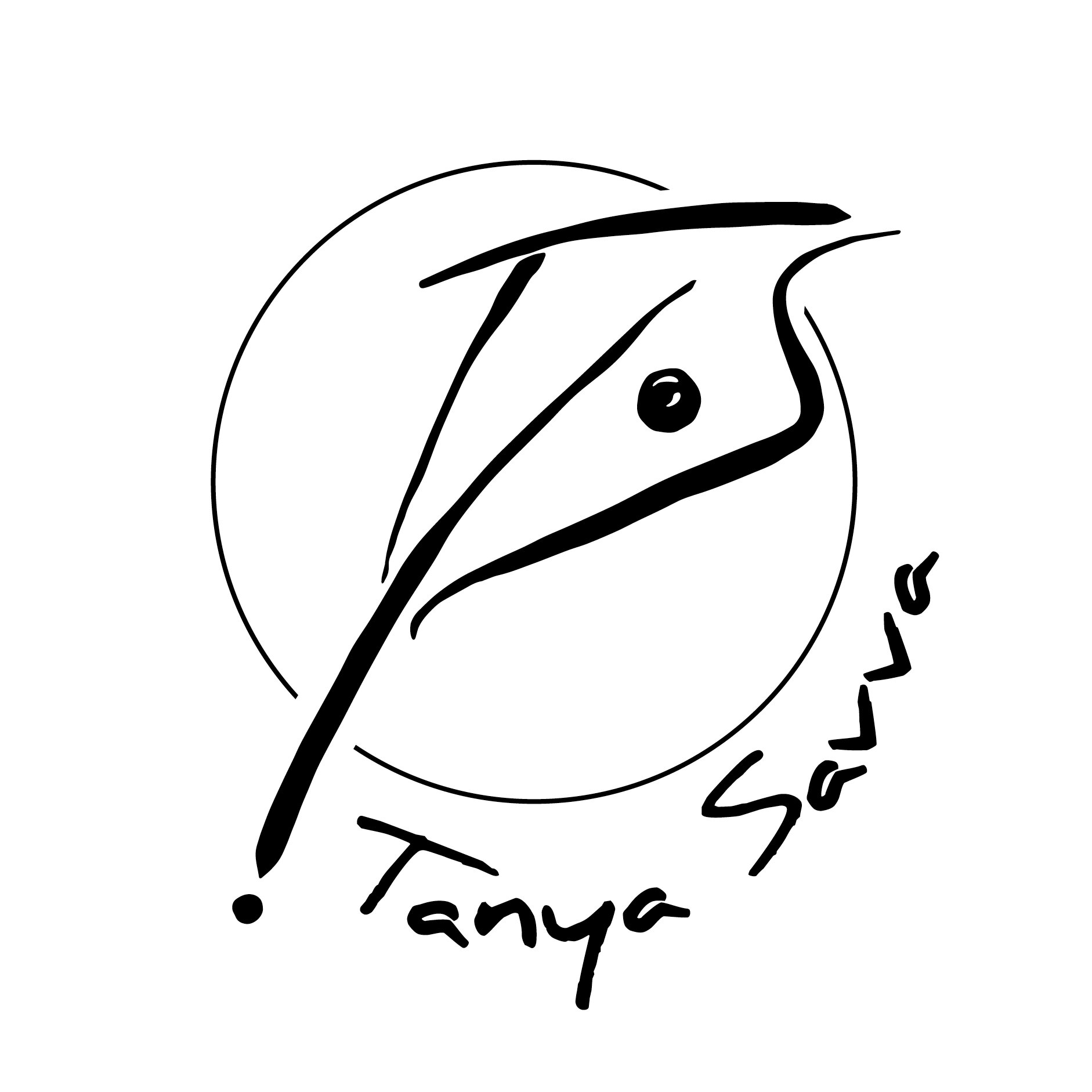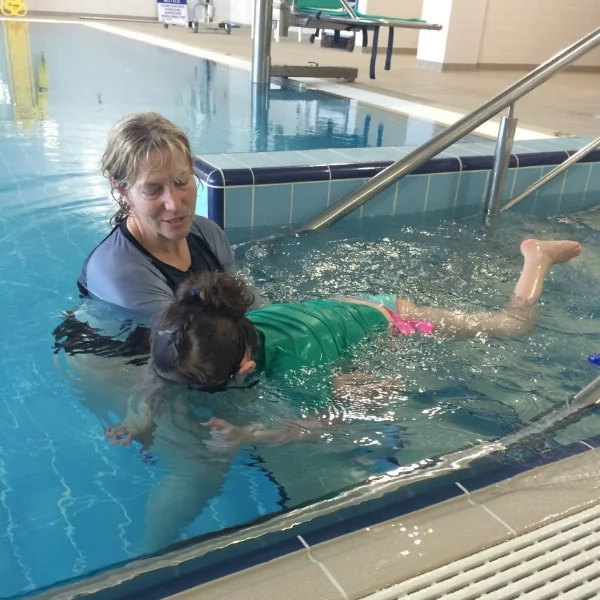FOR THE LOVE OF WATER
Growing up in Sydney, Australia we spent most of our summer in and around water. We could swim as soon as we could walk and we spent hours in the pool and enjoyed summer holidays camping by the beach. I always imagined I’d live by the ocean with a house full of my own children, sun kissed and salty from long days spent by the water. I daydreamed about them learning to surf, playing beach cricket and weekend adventures exploring coastal territory with my little grommets.
When my daughter was diagnosed with Septo Optic Dysplasia at 6 weeks of age, I experienced a deep internal feeling of loss for all that she might not be able to do. That coastal lifestyle I dreamed of was swept away. Her blindness and development delay would undoubtedly restrict her ability to engage in beach activities and it was a difficult reality to accept. It took time to learn to fully embrace and accept the challenges she faces. I hoped she would learn to love the water and swim safely, purely for the purpose of survival, if nothing more.
But in the early days, those dreams were shattered too. As a result of her severe sensory processing disorder a trip to the beach was a nightmare. Mackenzie screamed and pulled her feet away from the sand and water, clutching at anything to pull herself away from the waves as I tried to convince her to go in. My heart yearned to create those summer time memories I created as a child.
She loved playing with water in a predictable, quiet and controlled environment. Swimming in my arms in a public pool was tolerable, but the beach was completely out of the question. I was determined to push through her fears and work through her sensory defensiveness and continued, in the pursuit of my own joy, to expose her to the overwhelming sensory display of summer fun. With plenty of gentle persuasion slowly, she began to tolerate the beach a little more. The wind, the laughter, the children’s banter, the wet and dry sand, and the waves that left as quickly as they arrived; she began to take it in her stride.
She started lessons with Little Heroes Swim Academy, an amazing Sydney-based organisation that offers subsidised lessons for people with additional needs. I wanted nothing more than for her to be independent to swim so that if she fell in to open water, she could float until help arrived. It was difficult to imagine how she would overcome the physical challenges of low muscle tone, rigidity, and lack of self-awareness and proprioception to achieve this goal. But we went to the pool every week with amazing and dedicated teachers who had the same goal – to teach her how not to drown. And remarkably, she began to make progress.
She built relationships and gained skills as her legs began to show improved strength. Her core activation and functional use in movement improved. She began to paddle her arms floated with support. She shed her fears and learnt to put her face in the water and blow bubbles. She did rocket ships, bombs, bubbles, put her head under the surface, wore goggles, kicked her legs and touched the bottom of the pool… willing to take on anything that was thrown at her. It was often brought to tears watching her love of the water grow, and see the improvements in her strength, cognition, communication skills and ability to trust.
Then one day, my eyes wide open, I walked to the edge of the pool and peered towards the bottom. I squinted to see her little toes floating above the floor of the pool and gasped in shock. Her teacher gave me a huge thumbs-up and a massive smile, as tears fell down my cheeks in joyful display of achievement. My baby, blind, developmentally delayed, with significant gross motor impairment, was able to stay afloat in deep water. She was swimming. She was safe. She loved the water. And she could survive.
While the sessions are a vital piece of the puzzle, it is a lifetime of dedicated intervention at home that ensures the learned instructions are carried out. Education, therapy, intervention and encouragement are a daily requirement to ensure the effort results in achieved outcomes. The effort we put in at home is what pulls it all together. Tears and outright refusal are constant battles we've faced at home. It is my persistence; gentle coaxing and ongoing encouragement that makes the outcomes come to life. Although it's hard to push through the tears, screams and the kicks, I truly believe that is where the growth happens. For both of us.
Not only did Mackenzie become so courageous she learnt to do front somersaults in the pool, but she is an ocean lover. She bobs up and down freely in the ocean, waves rushing past her body, moving with the unpredictable and ever changing flow of water. We might not be able to surf or play cricket on the beach, but we can ride a stand up paddleboard together and my dreams of enjoying the beach with my girl are a reality. With persistence, exposure, and gentle encouragement, she has developed her own appreciation for the great expansive salty waters.
With love and light,
Tan xx
We were interviewed on her first swimming lesson by the local paper at about the goals we were aiming for and the program run by Little Heroes. You can read the article here.




